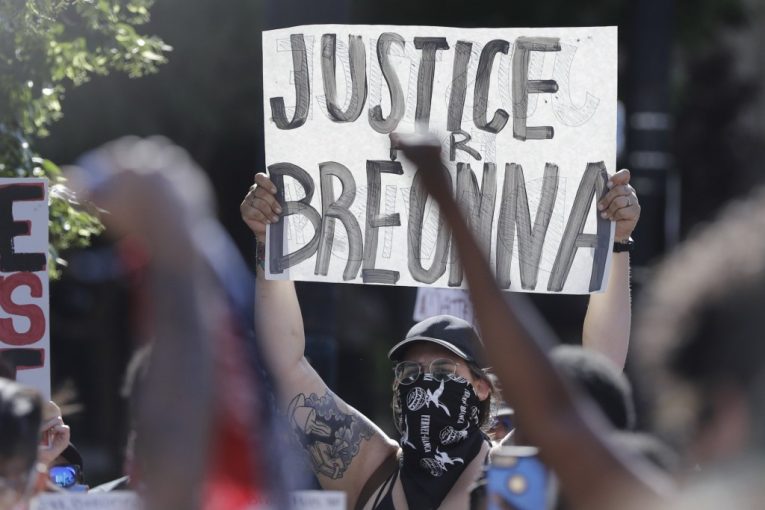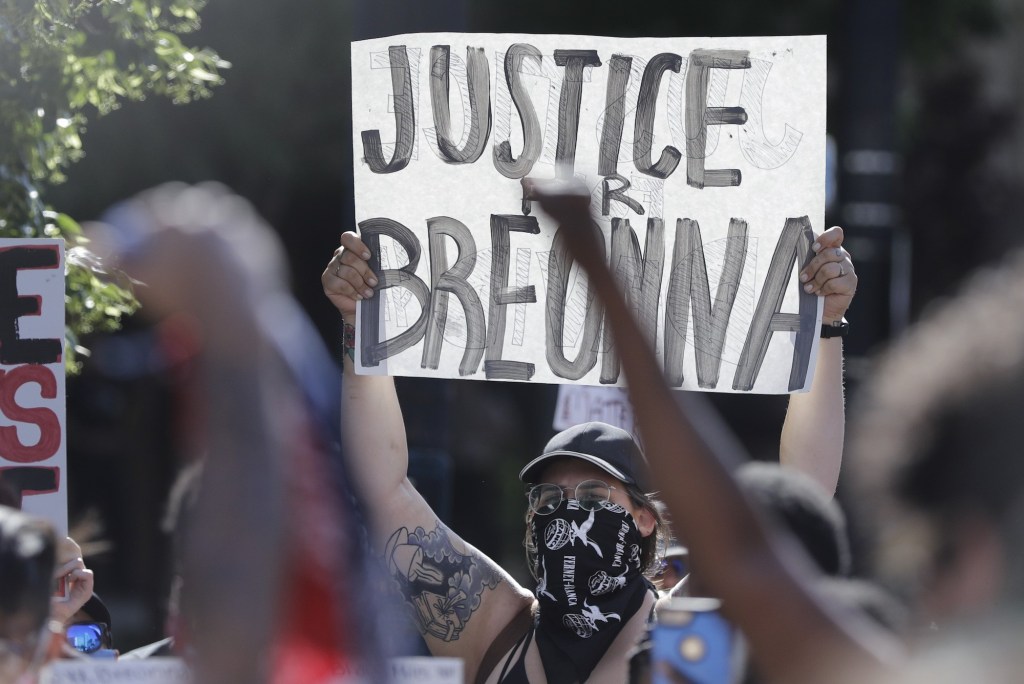

By Gloria Partida
Summers can be transformative. We have had the summer of love and the summer of hate. The most growth and change for children often happens over summer. This year we have the call to recognize systemic racism in the summer of Black Lives Matter. What has been decades of constant activism around trying to get the mainstream to see and change systems that negatively skew outcomes for people of color, has now become a full-blown coup that is sweeping into even some of the most resistant institutions. One of the most significant being policing.
As is often the case the camel’s nose is linked to money. Quickly our biggest enterprises realized that enough of the Nation was supporting BLM for it to be lucrative to be on the right side of history. This is not necessarily a bad thing. Culture change requires herd mentality and nothing moves the heard like Coca-Cola or the NBA. This week, in that arena, Charles Barkley has caught some criticism for statements around the death of Breonna Taylor. Specifically, he believes that Breonna’s situation can not be compared to Floyd’s or Arbery’s because her boyfriend shot first. He goes on to call the defund the police movement foolish because rich white people will never get behind it and because black communities need protection. He is quoted as saying “Who are black people supposed to call Ghost Busters when we have crime in our neighborhood? We need to stop the defund or abolish the police crap”
There is much to unpack here. While Mr. Barkley is not wrong, the nuances of creating equitable systems are complex and open ended. Yes, the circumstances around Breonna Taylor’s death are different than Floyd’s and Arbery’s. The situation is not. The social determinants that placed Breonna on the path to having a former boyfriend in trouble with the law, living in a State that issued no-knock warrants, living in a neighborhood that was fast tracking gentrification, being black are the same as the ones that robbed the lives of Floyd and Arbery. They are part of a larger historic system that constantly dismisses the lives of the least powerful. Those lives are often not white. While the counter argument used is the fact that white poor lives find similar paths, statistics show the end of that path is less often death. This fact is not even in dispute anymore. Still much of society expects more from communities of color even as it continues to give them less to work with.
The statement Mr. Barkley makes about rich white communities is probably the most pivotal. He states “We need police reform, prison reform, and things like that. Because you know who ain’t going to defund the cops? White neighborhoods and rich neighborhoods.” We have seen over and over again right here in our own community that the rubber meets the road when we start talking about people’s back yards. We also know that the bigger the back yard the more of a challenge it is to overturn a system. Unless people are personally affected by injustice, or really any issue, they are rarely willing to make a move that they perceive as giving up power. It is precisely because getting support from people in power is essential to changing systems of oppression, that the historically oppressed must move into positions of power.
Lastly Mr. Barkley’s comment about black people needing protection illustrates the challenges of reimaging policing. The lines of support for and against the defund the police movement do not break cleanly along racial or socioeconomic lines. In my own life I have both benefitted and been adversely affected by policing. The realities of the need for public safety are serious. Ensuring that delivery of public safety is truly safe for all is what the defund the police movement is about. Ensuring that all people trust and have access to mental health services makes everyone in a community safer. Getting to that trust will be messy. It will require do overs more than once. It will require honesty and courage. It will require us to understand why it must be said that Black Lives Matter. Rest in power Breonna Taylor.
Gloria Partida is the Mayor of Davis.